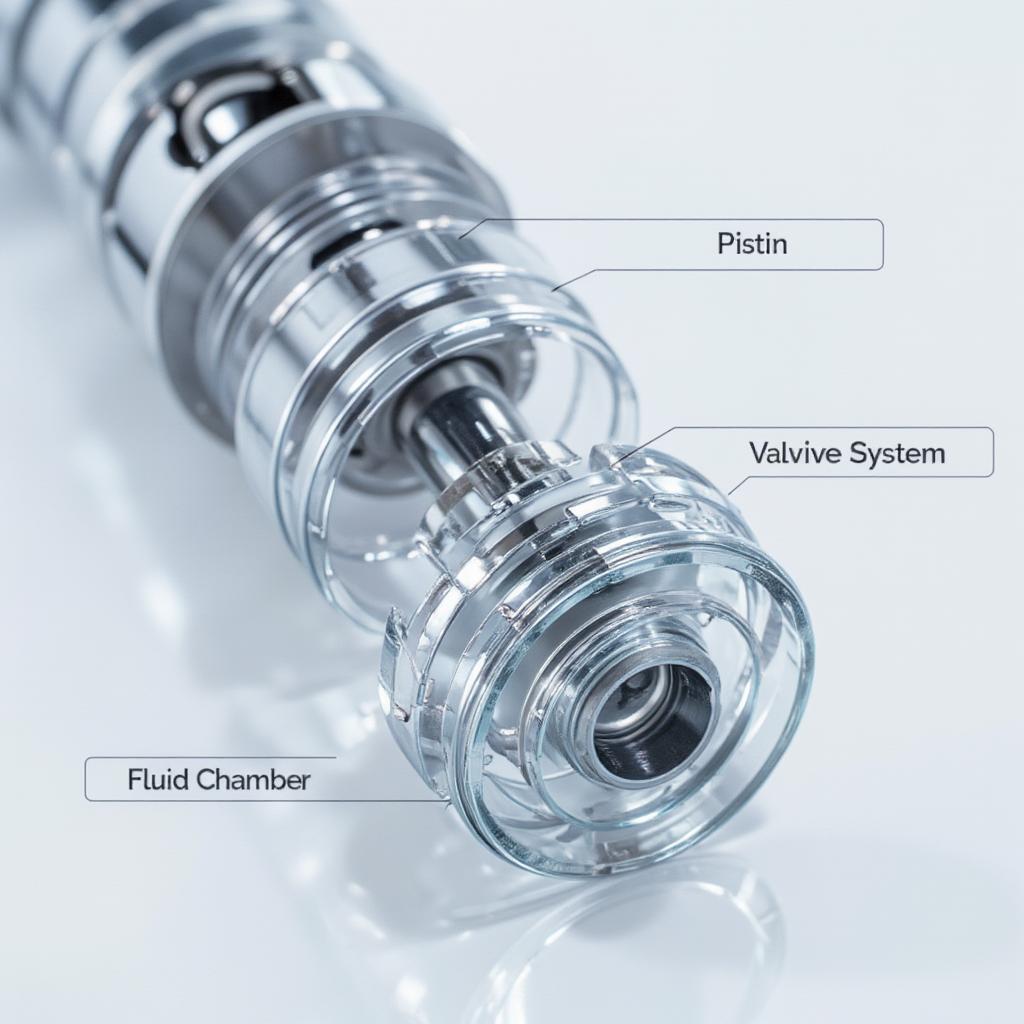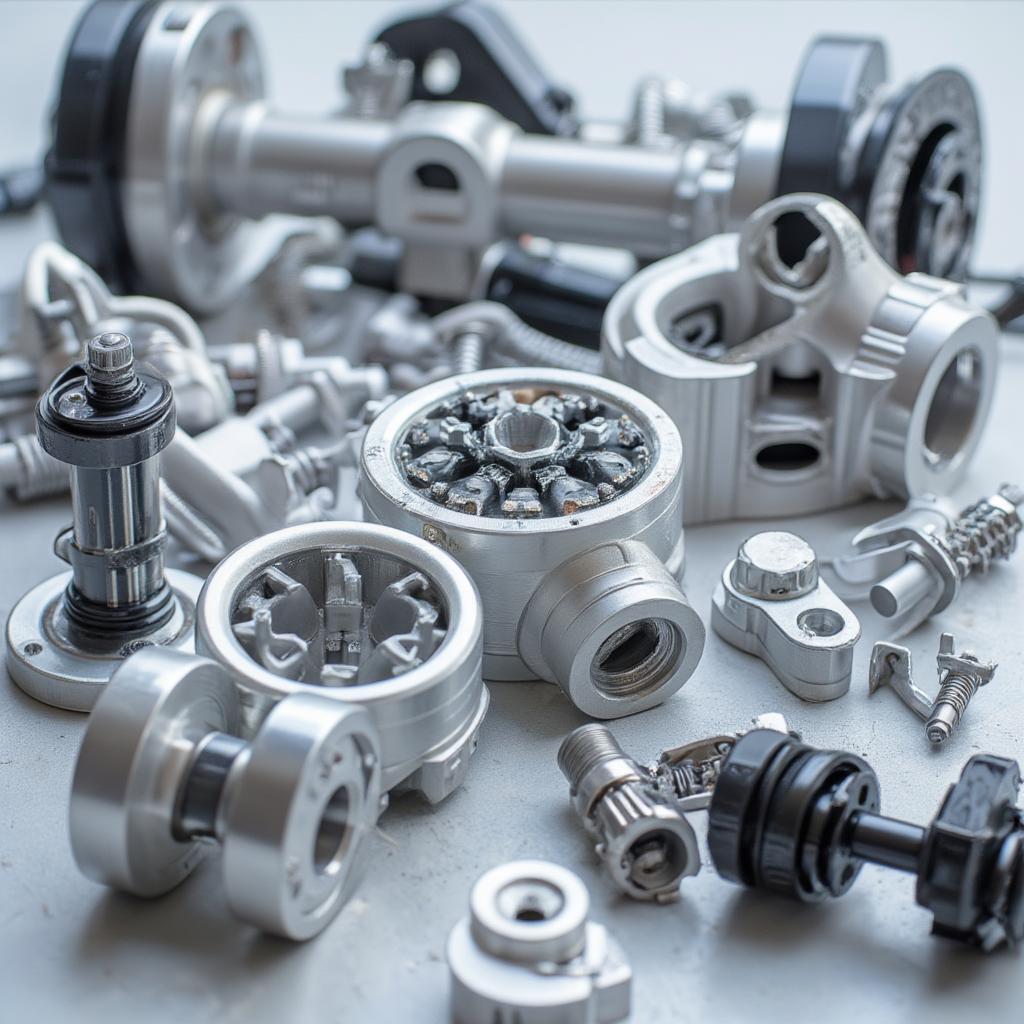Launching Your Career: A Guide to Autobody Tech Schools

Autobody Tech Schools offer a pathway to a rewarding career in the automotive industry. Whether you’re passionate about restoring classic cars or intrigued by the latest advancements in automotive technology, understanding the landscape of autobody tech schools is crucial for making the right career choice. This comprehensive guide delves into the world of autobody tech schools, providing valuable insights to help you navigate your journey to becoming a skilled autobody technician.
Choosing the Right Autobody Tech School
Selecting the right autobody tech school is paramount to your success. Consider these factors when making your decision:
- Accreditation: Ensure the school is accredited by a recognized organization, guaranteeing a quality education that meets industry standards.
- Curriculum: Examine the program’s curriculum, looking for a balance of theoretical knowledge and hands-on experience. A comprehensive curriculum should cover areas like welding, painting, metal fabrication, and damage assessment.
- Faculty: Experienced instructors with industry expertise can provide valuable insights and practical guidance, enriching your learning experience.
- Facilities and Equipment: Modern facilities and state-of-the-art equipment are essential for acquiring the skills necessary to succeed in today’s automotive industry. Tour the school to assess the quality of their workshops and tools.
- Location and Cost: Consider the school’s location and the overall cost of the program, including tuition, fees, and living expenses.

Navigating the Autobody Tech School Experience
Once enrolled, make the most of your autobody tech school experience by:
- Active Participation: Engage actively in classroom discussions and hands-on training sessions.
- Networking: Build relationships with instructors and classmates, fostering valuable connections for future career opportunities.
- Seeking Mentorship: Connect with experienced professionals in the autobody industry for guidance and support.
Career Paths after Autobody Tech School
Graduating from an autobody tech school opens doors to a variety of career paths:
- Autobody Technician: Repair and restore damaged vehicles, utilizing your skills in welding, painting, and metal fabrication.
- Paint Specialist: Specialize in automotive painting techniques, ensuring flawless finishes and color matching.
- Estimator: Assess vehicle damage and provide accurate repair cost estimates.
- Shop Manager: Oversee the operations of an autobody repair shop, managing technicians and ensuring customer satisfaction.
“A strong foundation in autobody repair principles, combined with practical experience, is crucial for success in this dynamic industry,” says renowned automotive expert, Dr. Amelia Carter, Professor of Automotive Technology at the University of Michigan.
The Future of Autobody Technology
The autobody industry is constantly evolving, with advancements in materials, repair techniques, and technology. Staying updated on the latest trends is essential for remaining competitive.
- Advanced Driver-Assistance Systems (ADAS): Familiarize yourself with ADAS calibration and repair procedures, as these systems are becoming increasingly common in modern vehicles.
- Electric Vehicle (EV) Repair: Understand the unique safety procedures and repair techniques associated with electric vehicles.
- 3D Printing: Explore the potential of 3D printing for creating custom parts and streamlining the repair process.
“Embracing continuous learning and staying abreast of technological advancements are key to thriving in the ever-evolving autobody industry,” adds Dr. Carter.
Finding the Right Fit: Autobody Tech Schools and Your Passion
Choosing the right autobody tech school requires careful consideration of your individual needs and career aspirations. Research different programs, visit campuses, and connect with current students and alumni to gain valuable insights. By making informed decisions, you can pave the way for a successful and fulfilling career in the automotive industry.
“Finding a program that aligns with your passion and provides the necessary skills for a successful career is essential,” advises Dr. Carter. “Don’t be afraid to ask questions and explore all available options.”
In conclusion, autobody tech schools provide the foundation for a rewarding career in the automotive industry. By carefully researching your options and focusing on continuous learning, you can embark on a path toward a successful future in the exciting world of autobody technology.
FAQ about Autobody Tech Schools
- What qualifications do I need to enroll in an autobody tech school? Typically, a high school diploma or GED is required.
- How long do autobody tech programs last? Programs can range from several months to two years, depending on the level of certification.
- What is the average cost of autobody tech school? Tuition costs vary depending on the school and program length.
- What certifications can I earn? Certifications such as ASE (Automotive Service Excellence) are highly valued in the industry.
- What are the job prospects for autobody technicians? The demand for skilled autobody technicians is expected to remain steady.
- What are some essential skills for autobody technicians? Welding, painting, metal fabrication, and diagnostic skills are crucial.
- How can I find reputable autobody tech schools near me? Research online and consult with industry professionals.
- What is the difference between collision repair and autobody repair? Collision repair focuses on structural damage, while autobody repair encompasses a wider range of repairs, including cosmetic damage.
- What are some tips for succeeding in autobody tech school? Active participation, networking, and seeking mentorship are key.




